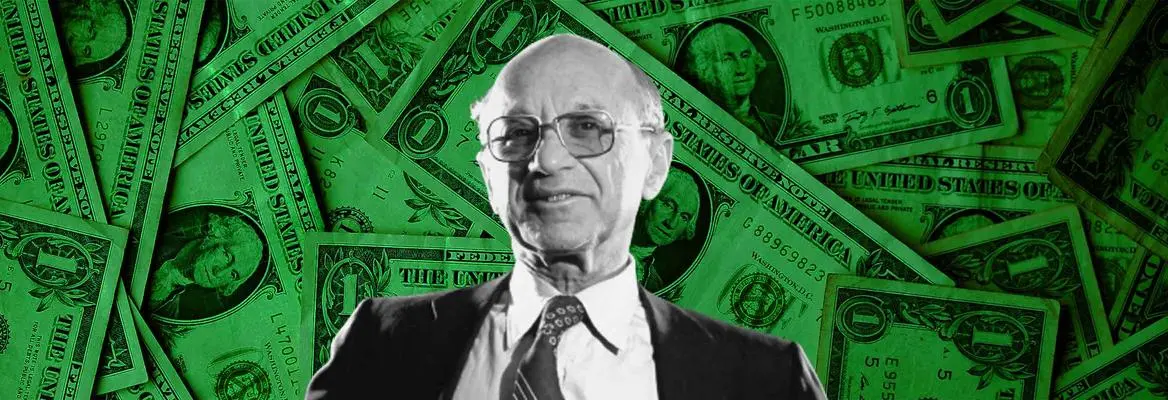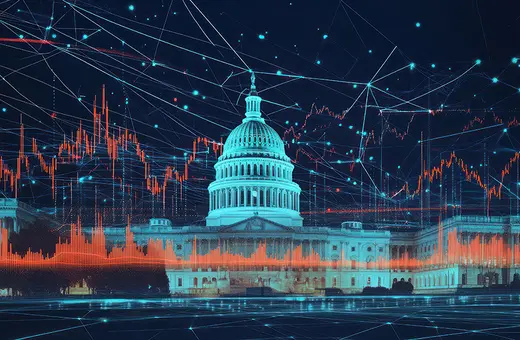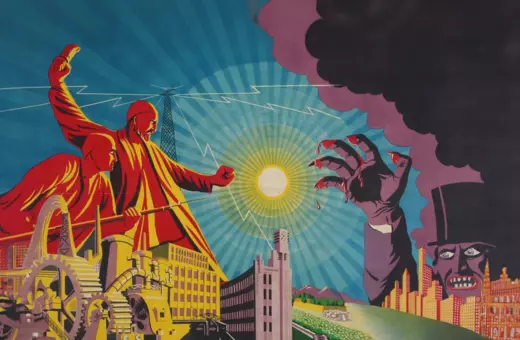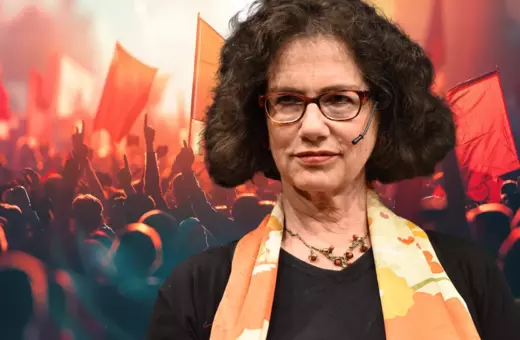Universal basic income is an idea usually associated with the political left. However, it also has surprising support from the Libertarian right in the form of Milton Friedman's negative income tax. Indeed, Friedman's case for NITs gets to the core of his case for free markets, freedom from coercion, and where government should intervene in our economies, writes Joshua Preiss.
After John Maynard Keynes, Milton Friedman is arguably the most influential economist of the 20th Century. Like Keynes, his influence extends far beyond technical questions in economics. Friedman is known as a champion of small government who provided key talking points for Reaganomics, a political philosophy that in the public imagination is best captured by Reagan’s iconic declaration that “government is not the solution to our problem, government is the problem.” It may therefore come as a surprise that Friedman proposed a massive, government policy to alleviate poverty.
 SUGGESTED READING
The real problem of economic policy
By Charles Goodhart
SUGGESTED READING
The real problem of economic policy
By Charles Goodhart
This policy is a negative income tax (NIT). While the mechanism for distribution (and therefore the politics) may differ from other forms of universal basic income (UBI), NIT also functions as an income floor for all families. Friedman’s plan would work through the existing income tax system. In practice, NIT is the standard deduction in reverse. For families whose earnings are below the relevant threshold, they would simply file an estimated earnings return (like those self-employed) and receive regular payments (say bi-weekly) over the year totaling 50 cents for every dollar their income is below the threshold. This government top-up ensures that their income never drops below a set amount. The rationale for only making up 50% of the difference is to provide workers with the incentive to earn more income, rather than effectively taking every dollar that they earn back in taxes. To eliminate poverty, the NIT threshold would need to be set well above the 2023 standard deduction of $27,700 for a family of four.
Friedman argues that NIT is both more efficient and more consistent with individual liberty than the existing welfare state. By replacing a myriad of federal agencies tasked with some form of poverty relief, NIT eliminates an enormous, complex, costly, and ever-expanding government bureaucracy. It also provides workers with incentive to work. The result, he argues, would almost certainly to lower the tax burden. By contrast with subsidies to certain workers, and programs that provide in-kind benefits, Friedman argues that NIT meets the basic needs of the poor without distorting the role that the price mechanism plays in efficiently allocating resources. It does so because it leaves recipients free to choose how and what to spend the money on. Under the existing system, by contrast, Friedman writes (endorsing a view he attributes to Herbert Kronsey):
"The people whose freedom is really being interfered with are the poor… A government official tells them how much to spend on food, rent, and clothing. They have to get permission from an official to rent a different apartment or secondhand furniture. Mother’s receiving aid for dependent children may have their male visitors checked on by government investigators at any hour of the day. They are the people who are deprived of personal liberty, freedom, and dignity."





















Join the conversation